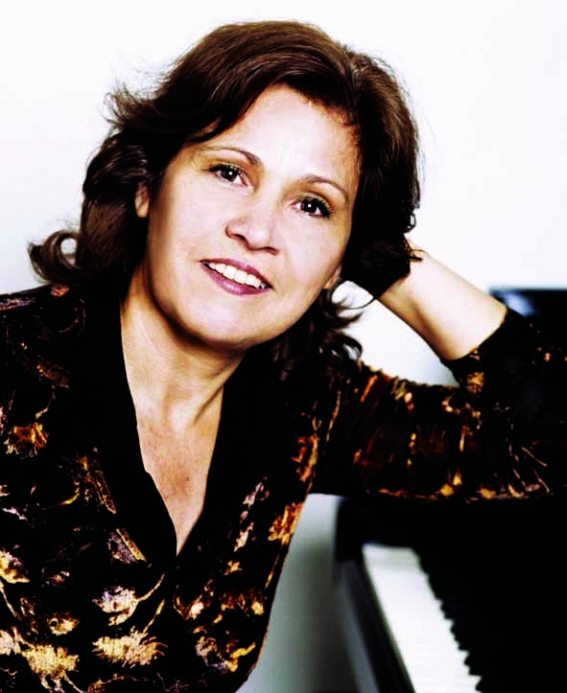

| While Cristina Ortiz has been
identified with Brazilian and Spanish piano music, not least because of her
spirited interpretations of works by Villa-Lobos, De Falla, and Granados,
she has achieved acclaim in such a broad range of repertory, it would be
unfair to call her a specialist. Indeed, her repertory includes all the concertos
of Beethoven, Chopin, Liszt, Brahms, and Rachmaninov, 15 by Mozart, three
by Prokofiev, and scores of solo pieces by these and other composers out
of the Spanish and Latin spheres. She has also delved heavily into chamber
music, performing just as broad a spectrum of pieces, including music by Dvorák,
Elgar, Fauré, and Shostakovich. In this genre she has collaborated
with violinists Boris Belkin and Uto Ughi, cellist Antonio Meneses, clarinetist
Dmitri Ashkenazy, and with various chamber ensembles, such as the Chilingirian
Quartet and Prague Wind Quintet. She has appeared in recital at the most
prestigious concert venues and with the major orchestras of Berlin, Vienna,
Amsterdam, Philadelphia, Cleveland, Chicago, London, and Sao Paulo. In the
new century Ortiz has given concerts, usually of Mozart concertos, while
conducting from the keyboard. She has also held master classes at Juilliard
and London's Royal College of Music. Ortiz has made over 30 recordings spread
over a variety of labels, including EMI, Decca, Collins Classics, Naxos,
BIS, and others. Cristina Ortiz was born in Bahia, Brazil, on April 17, 1950. She was an astonishing prodigy, playing the piano at two and beginning studies at the Brazilian Conservatory of Music at eight. She had advanced studies with Magda Tagliaferro at the Paris Conservatory, and went to win, among other competitions, the third Van Cliburn in 1969. She had further studies at the Curtis Institute with Rudolf Serkin, even while her career was on the ascent. Ortiz made her first recording in 1974, Lambert's "Rio Grande," for EMI, and then two more for the same label the following year, LPs of the Shostakovich concertos and of piano music by Villa-Lobos, Guarnieri, and others. Ortiz relocated to London and continued to appear regularly in recital, and with orchestras and chamber ensembles throughout the next decades. In 1996 she gave the highly successful American premiere of Guarnieri's "Chôro" at Carnegie Hall, with conductor Dennis Russell Davies. In the new century Ortiz is active as ever: her 2010 touring schedule included appearances in France, Denmark, Portugal, Italy, Poland, Turkey, Brazil, and the U.K. |
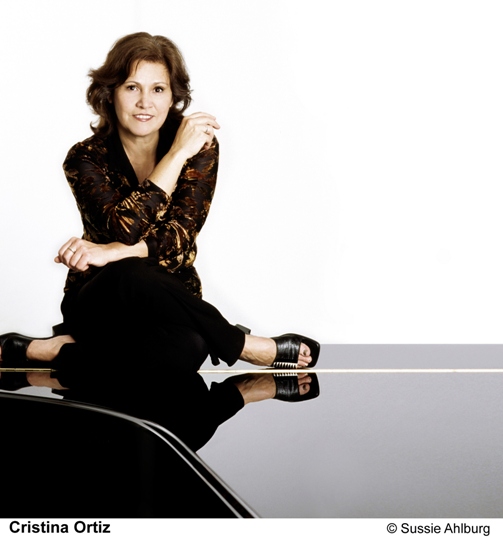 BD: Are there different places for the piano?
I am used to the standard place.
BD: Are there different places for the piano?
I am used to the standard place. CO: Let’s say I want to learn all the Mozart concerti.
I try to program them slowly, one or two per season, but it doesn’t mean
that I am going to come to Chicago and play the Mozart concerti that I want
to learn. But I’m also always looking for new things, and this date,
actually, came about when Leinsdorf asked me whether I would like to do the
Stenhammar. I like the piece very much; the recordings I heard of it
were quite good, and gave me a lot of ideas. It tickled me. I
couldn’t wait to get my hands into it.
CO: Let’s say I want to learn all the Mozart concerti.
I try to program them slowly, one or two per season, but it doesn’t mean
that I am going to come to Chicago and play the Mozart concerti that I want
to learn. But I’m also always looking for new things, and this date,
actually, came about when Leinsdorf asked me whether I would like to do the
Stenhammar. I like the piece very much; the recordings I heard of it
were quite good, and gave me a lot of ideas. It tickled me. I
couldn’t wait to get my hands into it.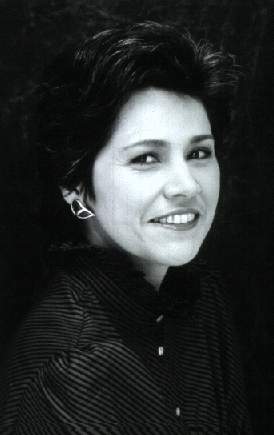 BD: Mostly good surprises, I hope!
BD: Mostly good surprises, I hope!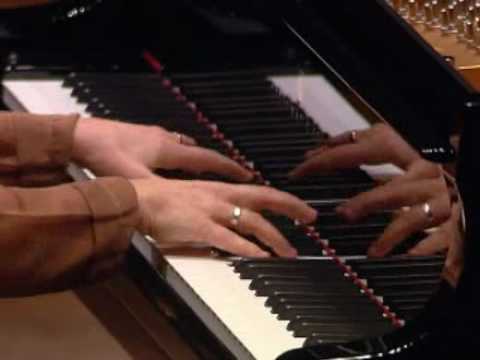 CO: I don’t know. The more I go to concerts,
the less I want to hear many of us — even myself.
I am going to be on the jury of the Cliburn Competition coming up; that’s
going to be quite an education! All these youngsters coming out by
the dozens and the thousands every year, and what do they have to offer?
It has to be something so special to stand out of the ordinary. Obviously
technique has been almost always conquered. It has to be conquered for
you to be somebody of a name, but you should be able to transcend the technique
and not show off. That’s the kind of pianist I hate the most.
CO: I don’t know. The more I go to concerts,
the less I want to hear many of us — even myself.
I am going to be on the jury of the Cliburn Competition coming up; that’s
going to be quite an education! All these youngsters coming out by
the dozens and the thousands every year, and what do they have to offer?
It has to be something so special to stand out of the ordinary. Obviously
technique has been almost always conquered. It has to be conquered for
you to be somebody of a name, but you should be able to transcend the technique
and not show off. That’s the kind of pianist I hate the most.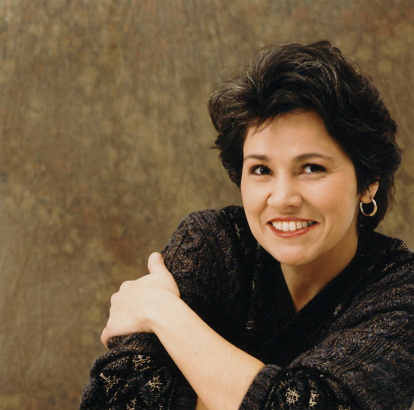 CO: Of course! Don’t you have to? If
you are invited and you accept the date, you have to do it. You don’t
have to say yes. You don’t have to play French music if you don’t feel
like it.
CO: Of course! Don’t you have to? If
you are invited and you accept the date, you have to do it. You don’t
have to say yes. You don’t have to play French music if you don’t feel
like it.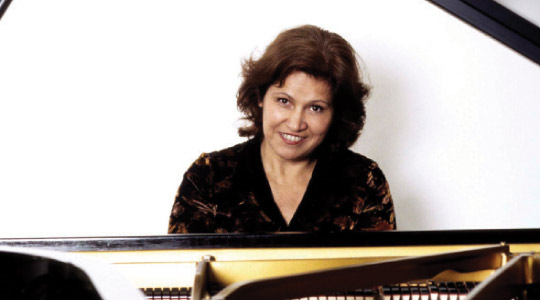 CO: It’s a different approach. You can’t just
perform; you have to correct things, and not only in your playing.
If you are recording with an orchestra, there is so much that can go wrong
— the cracking of the ceiling, or the creaking of the chair, or
noises on the hardwood floor. Gosh, the things you have to put up with
and cope with; all sorts of things go wrong. So it’s not like in a
concert performance when you have to go through it once and later think,
“God, did you realize that? Did you hear that
person talking or going out?” It’s different.
When it comes down to the performance, you just have to do the best you can
at that time. In a recording, it can’t go on forever; you have an allotted
time and you have to do it. Sometimes it’s not easy, and sometimes it’s
easier. My last experience, which was about two weeks ago, was very
nice. Instead of using two sessions we just used one, which is really
very pleasing for everybody involved... [laughs] certainly for the orchestra,
who has a paid session to go home to do whatever they want to.
CO: It’s a different approach. You can’t just
perform; you have to correct things, and not only in your playing.
If you are recording with an orchestra, there is so much that can go wrong
— the cracking of the ceiling, or the creaking of the chair, or
noises on the hardwood floor. Gosh, the things you have to put up with
and cope with; all sorts of things go wrong. So it’s not like in a
concert performance when you have to go through it once and later think,
“God, did you realize that? Did you hear that
person talking or going out?” It’s different.
When it comes down to the performance, you just have to do the best you can
at that time. In a recording, it can’t go on forever; you have an allotted
time and you have to do it. Sometimes it’s not easy, and sometimes it’s
easier. My last experience, which was about two weeks ago, was very
nice. Instead of using two sessions we just used one, which is really
very pleasing for everybody involved... [laughs] certainly for the orchestra,
who has a paid session to go home to do whatever they want to.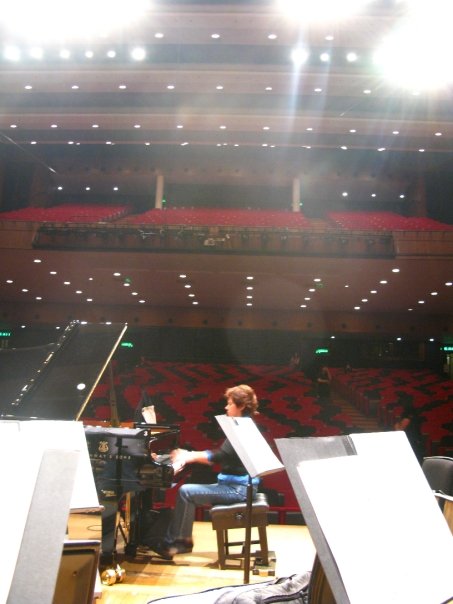 BD: How long does it take you to get your fingers
into that new piano?
BD: How long does it take you to get your fingers
into that new piano?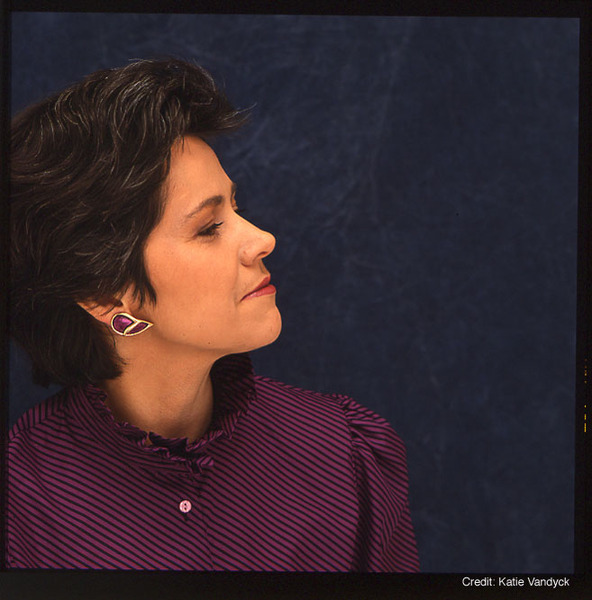 BD: You’d rather we just applaud a little bit politely,
and you go off?
BD: You’d rather we just applaud a little bit politely,
and you go off?This interview was recorded in a studio in Orchestra Hall on February
21, 1989. Portions (along with recordings) were used on WNIB later
that day, and again in 1990, 1995 and 2000. This transcription
was made and posted on this website in 2011.
To see a full list (with links) of interviews which have been transcribed and posted on this website, click here.
Award - winning broadcaster Bruce Duffie was with WNIB, Classical 97 in Chicago from 1975 until its final moment as a classical station in February of 2001. His interviews have also appeared in various magazines and journals since 1980, and he now continues his broadcast series on WNUR-FM.
You are invited to visit his website for more information about his work, including selected transcripts of other interviews, plus a full list of his guests. He would also like to call your attention to the photos and information about his grandfather, who was a pioneer in the automotive field more than a century ago. You may also send him E-Mail with comments, questions and suggestions.